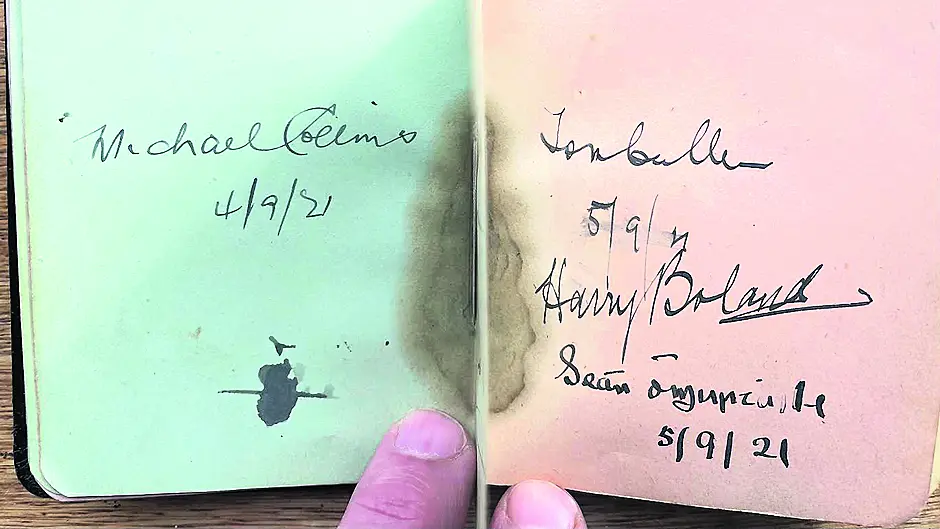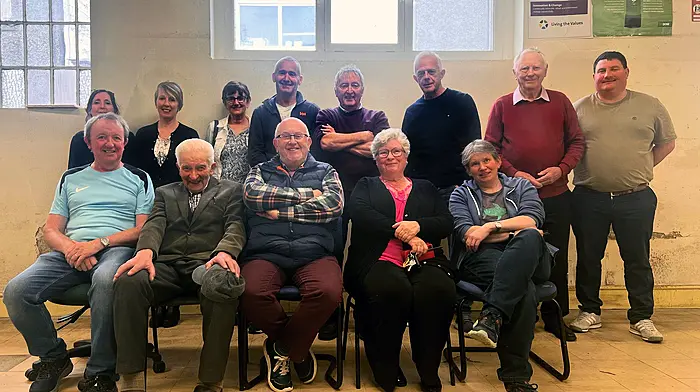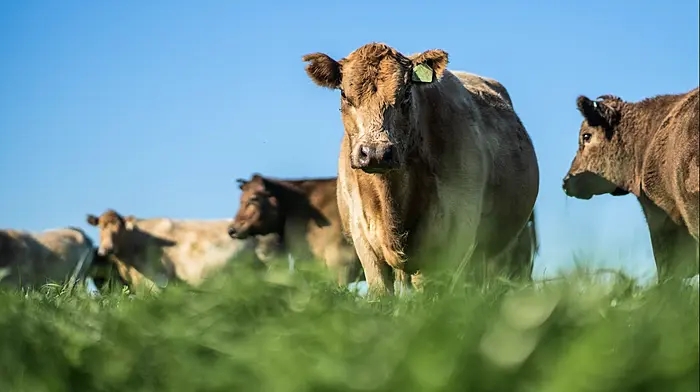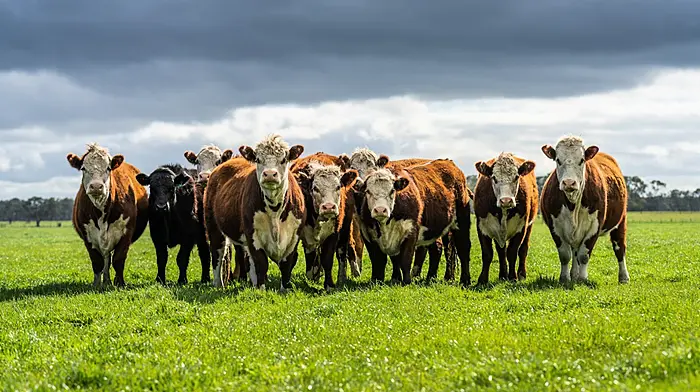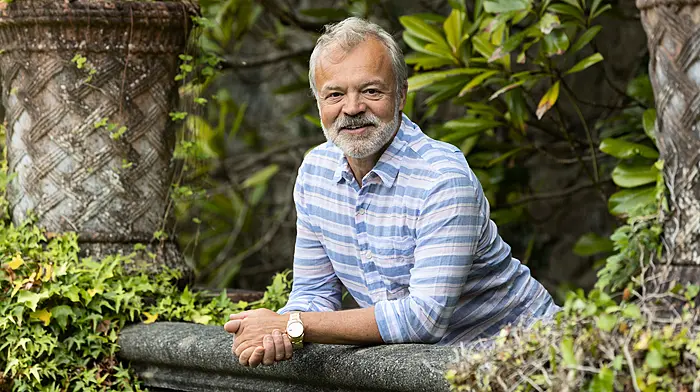AN autograph book, featuring the signatures of both Michael Collins and Harry Boland together, will go on display at the Michael Collins Centre in Castleview next month.
Tim Crowley of the centre, which opens on June 6th for the summer season, said they had recently purchased what is known as the ‘Armagh Autograph’ book. The city was the first place where Michael Collins was seen in public after the War of Independence ended.
‘On Sunday September 4th 1921, Sinn Féin and IRA leaders Michael Collins, Harry Boland, Eoin O’Duffy, Séan Ó Muirthile, along with two bodyguards, Tom Cullen and Joe Dolan, travelled North to speak at a public meeting in Armagh,’ said Tim. ‘Michael Collins was a TD at the time for Cork and Armagh in the Dáil and also a MP for Armagh in the new Northern Ireland parliament, a seat he never took up.’
The signatures of all five men with the dates of the Armagh meeting, and the day after, feature in the Armagh Autograph Book.
A photograph of Collins delivering his speech in Armagh appeared in the front of the Illustrated London News soon afterwards and Pathé News also filmed his Armagh visit. As the Collins party was returning south, their cars were stoned by loyalists.
‘That September was also the last month of the friendship of Michael Collins and Harry Boland and both were continuing to court Kitty Kiernan. He would return to the State in early October on government business and when he returned in January 2022, the Anglo-Irish Treaty had been signed. He and Collins would find themselves on opposite sides, and Collins and Kiernan were already engaged.’
Tim added that during his speech in Armagh – three months before the Treaty was signed – Michael Collins told his nationalist audience that no matter what happened, they would not be left behind or forgotten.
‘Collins was dead within a year and would not be around to keep his promise.’
In the letter Collins urges them not to antagonise their opponents – De Valera’s anti-treaty Sinn Fein party. Fearful of a terrible conflict between former comrades, Collins states how the anti-treaty faction ‘are resolved to resort to any means, even the horrors of a cruel and hideous civil war.’ Just five months later Collins would find himself a casualty of the war he had feared most – a ‘cruel and hideous civil war.’

